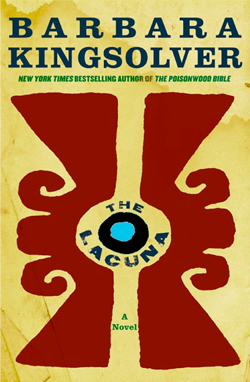
The story of Harrison William Shepherd, a man whose search for identity will take readers to the heart of the twentieth century’s most tumultuous events and memorable figures.








































If you buy books linked on our site, Lit Hub may earn a commission from Bookshop.org, whose fees support independent bookstores.

